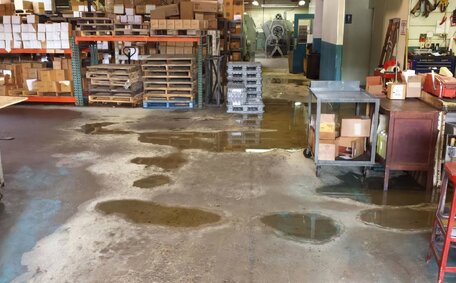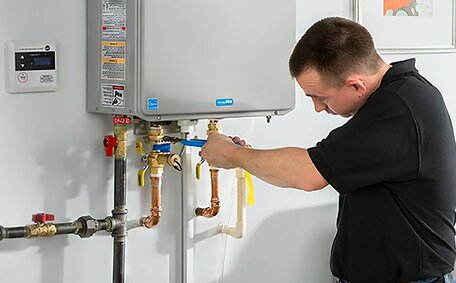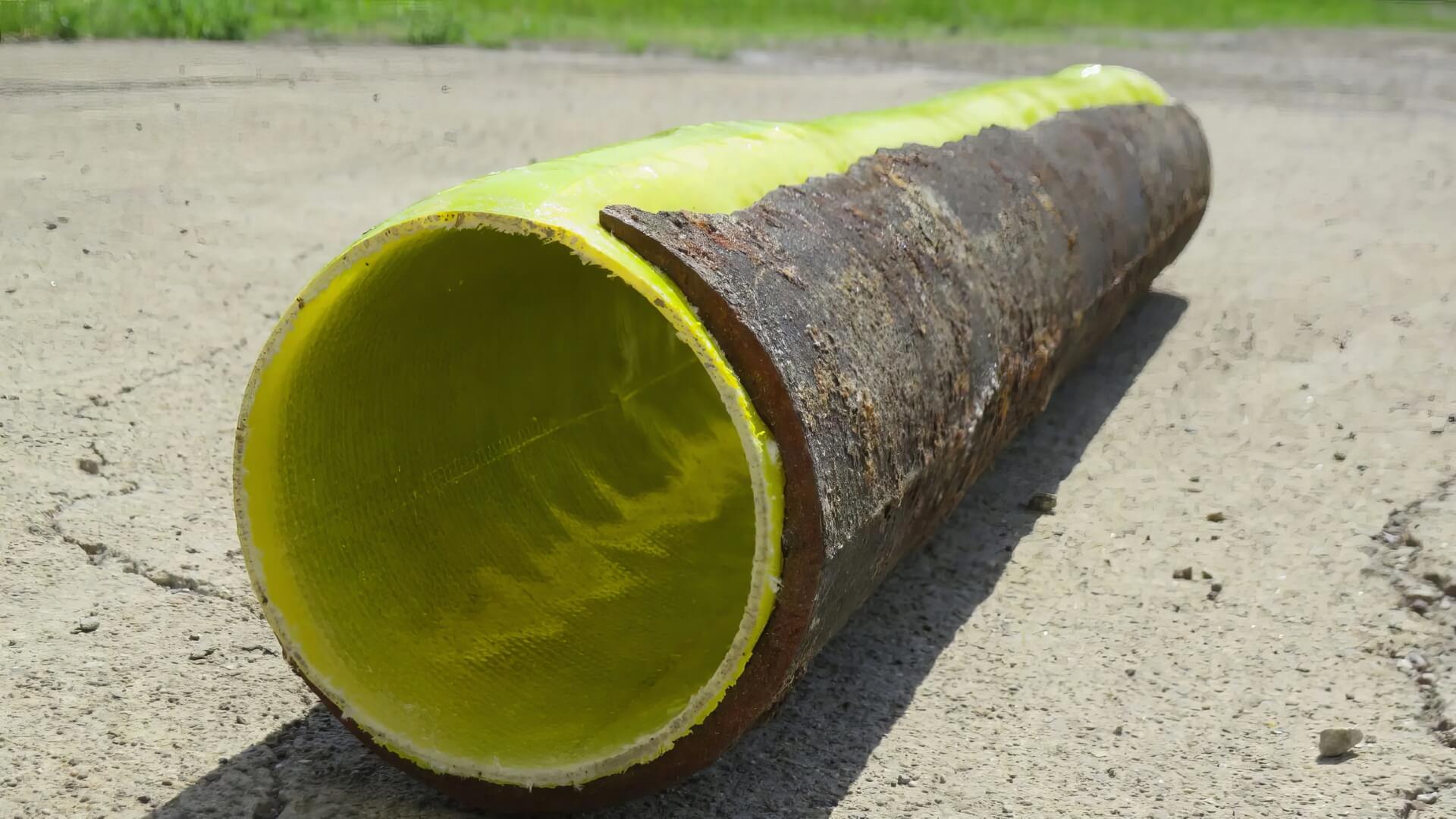
How To Fix Water Heater Issues
Can’t get hot water from your water heater? Try troubleshooting by checking the power supply, thermostat, heating elements and more. Call a pro plumber for repairs.
Read MoreNavigating a blocked drain when renting can be perplexing. It’s essential to understand whether the landlord or tenant is responsible for the pipe blockages.
This guide provides definitive strategies for renters, landlords, and property managers in Baulkham Hills to resolve blocked drain complications.
We’ll examine key questions like:
We aim to clarify liability issues for tenants and landlords, promoting a cooperative approach to maintaining unblocked drains.
Rental agreements are crucial in defining a landlord’s responsibility for blocked drains in tenancy situations. They outline the legal obligations each party has regarding repairs and maintenance.
Standard lease agreements typically mandate that landlords maintain the drainage system. This includes addressing any external issues or faults that can cause blocked internal drainage blockages - such as collapsed pipes, intruding tree roots or broken gully traps.
Tenants are obliged to take reasonable care in ensuring proper waste disposal down sinks and drains. Blockages that have been caused by food waste, fat/grease build up, hair accumulation or foreign objects would typically fall under the tenant’s responsibility.
During a tenancy, either party can be liable for repairs depending on the root cause of a drain blockage. Understanding lease terms is vital, as disputes often arise over who responsible blocked and should rightfully cover plumbing and drain unblocking services.
When the cause of a blockage is unclear, local plumbing and drain specialists can conduct investigative inspections. This helps establish facts, Pinpoint accountability and prevent conflicts between rental parties.
Determining the cause of a drain blockage is crucial to ascertain responsibility between the tenant and landlord.
Some common culprits of blocked drains in rental properties include:
Experienced plumbers can often diagnose the specific cause of a drain blockage, identifying issues that may be the landlord’s responsibility, using techniques such as drain camera inspections. This clarity around root causes is invaluable in underscoreing accountability.
In most rental agreements, landlords carry certain obligations regarding ongoing drain maintenance and undertaking necessary repairs. This includes aspects like:
Such proactive measures lower blockage risks and ensure plumbing systems function properly. In cases of negligence, landlords typically bear the costs for repairs and unblocking services.
In emergencies, such as when stormwater drainage or sewer lines are obstructed, landlords must act quickly to restore flow. As this constitutes a threat to basic sanitation and hygiene, urgent unblocking and repairs take priority in line with standard property condition expectations.
Tenants have important responsibilities regarding the proper usage and maintenance of drains to prevent internal blockages.
Tenants must be careful about what they wash down sinks or flush down toilets. Only human waste and toilet paper should enter the water system – no wipes, sanitary items, toys etc. Food waste should not go down your kitchen sink, nor should oil or fat be disposed of there.
Excess hair accumulation in drains or plugholes is easily avoidable by using drain catchers and regular cleaning. Tenants must also take care to never pour harsh chemicals down indoor drains.
If a blockage arises, tenants should immediately inform their rental agent or landlord to allow for rapid resolution.
Tenants can optimize drain system functionality and prevent blockages through proactive maintenance.
To resolve drain responsibility disputes, tenants should follow constructive steps.
Clearly communicate the drainage problems in writing to your landlord or property manager. Provide photos documenting signs blocked drains and describe how it affects your living conditions.
Quote relevant tenancy laws that oblige landlords to maintain essential services like plumbing and drainage. Politely request prompt unblocking and repairs within a reasonable timeframe.
Persistent unresolved issues necessitate contacting NSW Fair Trading for mediation, assessment, and possible orders to remedy problems.
If necessary, tenants can engage independent specialists to inspect and unblock drains using video technology. Keep all receipts to potentially claim compensation for these costs if the fault is proven to be the landlord’s responsibility.
Clear communication and engaging relevant authorities when necessary ensure urgent plumbing issues requiring landlord intervention are escalated promptly.
Blocked drains present challenges for both tenants and landlords, but adopting certain practical steps can help keep drainage systems free of clogs.
If all rental parties incorporate these simple, proactive measures into their routines, the chance of troublesome drain blockages occurring can be drastically reduced.
Professional plumbing services are indispensable for accurate diagnosis and prompt resolution of rental property drain issues.
Technicians at Baulkham Hills Plumbing use state-of-the-art CCTV drain cameras to accurately identify and assess blockages.
Our assessment establishes fault ownership and accountability, ensuring the responsible party covers the associated repair costs.
We provide specialised services including drain unblocking, pipe repairs, replacements, and preventative maintenance where necessary. Customised solutions get drainage operating optimally again.
Before tenant occupancy, landlords can use our CCTV inspection services to document the condition of rental drains, useful for resolving any future disputes.
Our team is available 24/7 to swiftly tackle urgent plumbing issues in Sydney Water’s hills district.
To benefit from tailored advice and transparent diagnostics, call Baulkham Hills Plumbing on 1300 349 338 or email [email protected]. Let us optimise the functionality of your rental or investment property drains.
Can’t get hot water from your water heater? Try troubleshooting by checking the power supply, thermostat, heating elements and more. Call a pro plumber for repairs.
Read MoreCloudy or milky hot water coming from your taps is generally harmless and caused by trapped air bubbles in the water. Simply running the tap for a little while will usually clear up the water. If the cloudiness persists, it could be caused by sediment buildup or issues with your pipes.
Read MorePipe relining involves inserting a tube inside damaged pipes to repair cracks and leaks without digging. This trenchless method may allow pipes and plumbing fixtures to be relocated during bathroom renovations. Contact our expert plumbers to understand if pipe relining can reposition your pipes and fixtures.
Read MoreBaulkham Hills, 2153 NSW
We will call back as soon as possible.




